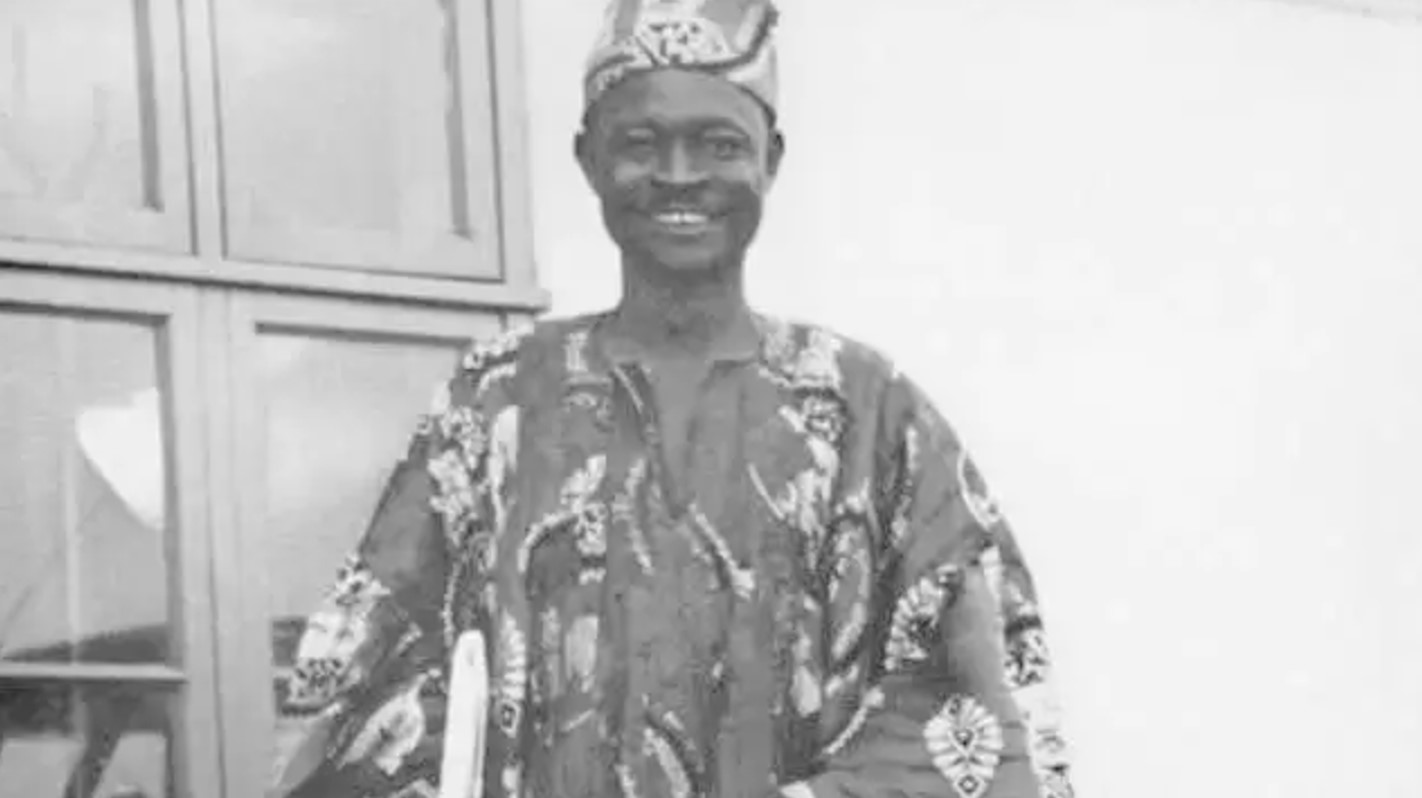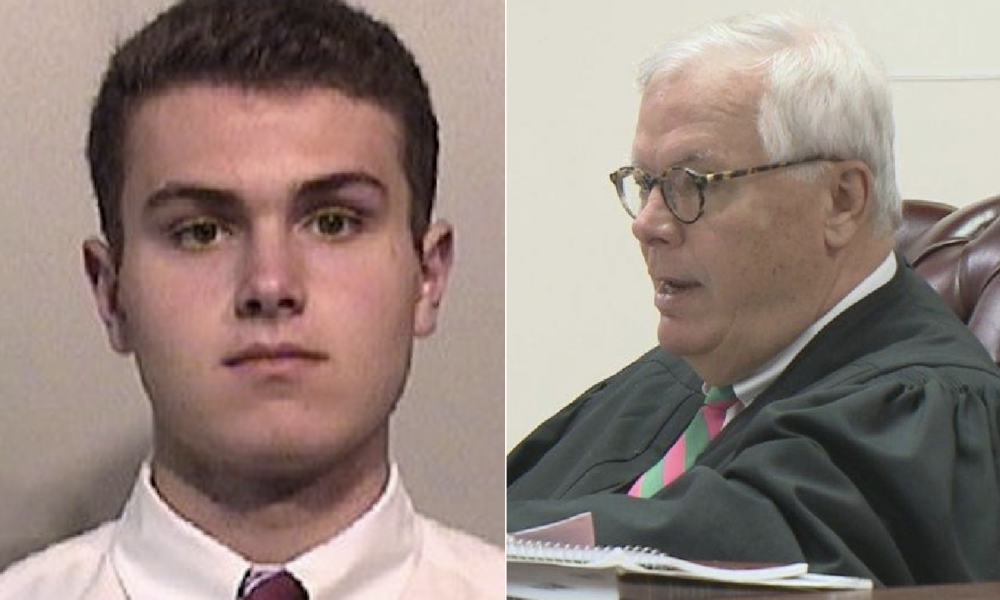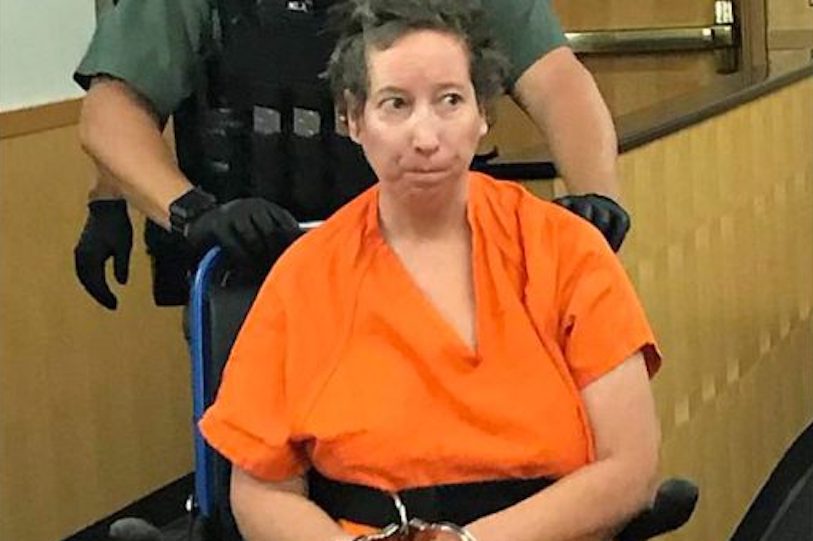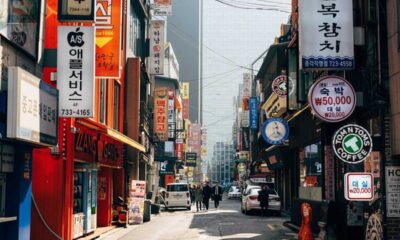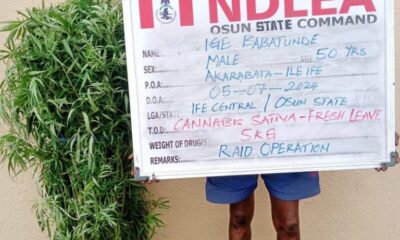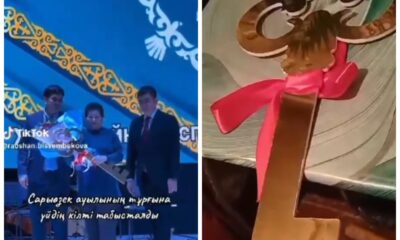Joseph Gbadamosi Adegoke Adelabu alias Adelabu Penkelemesi was a colossal in the political arena of Ibadan and the then Western Region before the independence of Nigeria in 1960.
He was born in Oke-Oluokun, Ibadan, on September 3, 1915 to Mr. Sanusi Ashiyanbi Adelabu and Mrs. Awujola Adelabu. At the tender age of five, Adegoke Adelabu lost his mother and then lived with his paternal aunt. Adegoke Adelabu attended St. David’s C.M.S School in Kudeti, Ibadan from 1925 to 1929; CMS Central School, Mapo, Ibadan in 1930 and Government College, where he was a head boy, from 1931 to 1936…Click Here To Continue Reading>> …Click Here To Continue Reading>>
In 1936, Adegoke won a U.A.C scholarship to study commerce in Yaba Higher College but eventually left the college six months later to work as an assistant to the UAC Ibadan district manager. After working with UAC for sometime, he was promoted to an Assistant Manager due to his hard and clever work. However, he left UAC in 1937 to start a business of his own which was unsuccessful. He later took up a civil service job, then returned to UAC in 1945 only to leave after a short period to start a textile trading business which was successful.
After acquiring little wealth from his textile business, Adegoke Adelabu got involved in politics. The starting point of his political career was traced to the period when Ibadan lineage chiefs (Mogajis) rose against Salami Agbaje, the then Otun Balogun of Ibadan, from becoming the Olubadan of Ibadan. In 1951, during the local elections, Adelabu and some other political elements formed a new party called the Ibadan People’s Party to challenge the already established Ibadan Progressive Union and fortunately for Adelabu, the new party won all six seats to the Western Regional Assembly. READ FULL STORY HERE>>>CLICK HERE TO CONTINUE READING>>>
However, the Ibadan People’s Party broke apart after an informal alliance with NCNC was proposed by Adelabu. Adegoke Adelabu stayed with NCNC and became the secretary of the party’s Western Province Working Committee. In 1954, Adelabu became the chairman of Ibadan District Council. Also, in the Federal elections of 1954, Adegoke Adelabu won a seat to the House of Representatives and later became the First National Vice President of NCNC and appointed Minister of Social Services. He held this post along with his chairmanship of the Ibadan district council.
He later resigned from both positions after allegations of corruption by the opposition party, Action Group.
In 1956, Adelabu ran for a seat in the regional assembly as the leader of NCNC in the Western Region but his party lost majority seats to Action Group thus making Adelabu the leader of opposition in the Western House of Assembly.
Adegoke Adelabu alias Adelabu Penkelemesi was a strong politician, leader and had his ground, a firm ground, in Ibadan. He was found of using the phrase “Peculiar mess” whenever he address the public. The non-literate segment of his followers who had never heard of the words peculiar and mess and never knew its meaning Yorubanized the phrase into “Penkelemesi” and then added it to his name- Adegoke Adelabu Penkelemesi. The people so much loved Adelabu. He was indeed a ‘man of the people’. OldNaija gathered that when he became the Minister of Labour, he was given an official limousine car which he drove to Ibadan to show his friends and followers and declared that the car belonged to them, not him. Also, when Adelabu was given an official residence in Ikoyi, the most exquisite part of Lagos inhabited mostly by the British and French, he called drummers from his hometown to celebrate the success which the British and French residents found disturbing. Adegoke Adelabu simply said, “If they do not like noise and drumming, they are free to go back to their own country.” Adegoke Adelabu admitted being an egoist in a book he wrote in 1952 titled ‘Africa In Ebullition: Being a handbook of freedom for Nigerian nationalists’.

On March 25, 1958, at the age of 43, Adegoke Adelabu met his untimely death in a fatal car accident on the Lagos-Ibadan expressway. His death sparked protest and chaos in Ibadan as many of his supporters claimed he was assassinated by his opponents with juju. Several properties were destroyed and people also lost their lives. The police arrested over 500 persons of whom 102 was charged with murder and others discharged and some, jailed. It was indeed a big loss, a “peculiar miss” for the people of Ibadan.

